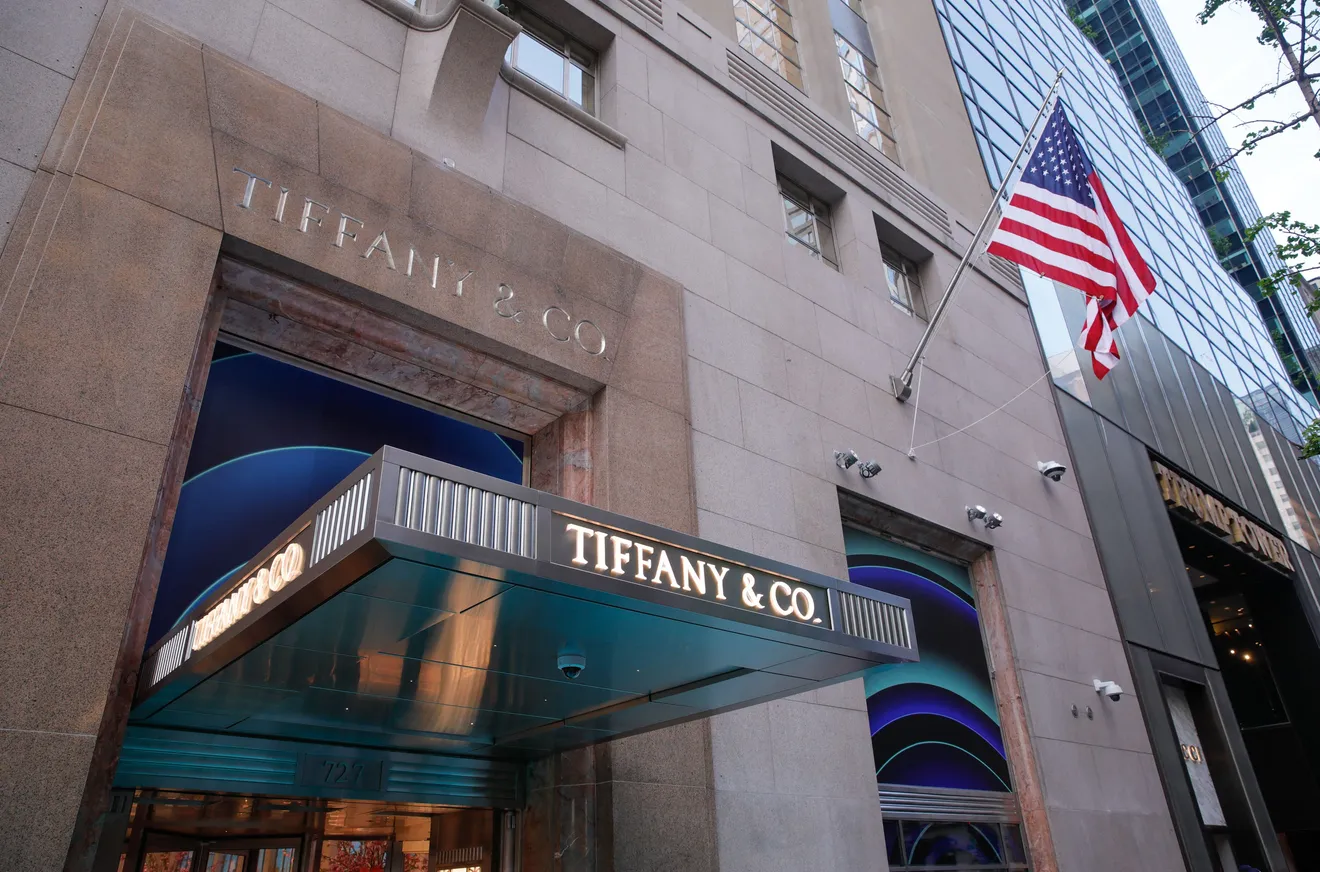
Who Owns Tiffany & Co. in 2025? Inside LVMH’s $15.8B Takeover
Curious about who owns Tiffany & Co.? The iconic jeweler is under the wing of luxury titan LVMH, reshaping its legacy since a blockbuster 2021 deal.

When you think of Tiffany & Co., images of dazzling diamonds, elegant engagement rings, and that unmistakable Tiffany Blue box come to mind. Founded in 1837, this American luxury icon has adorned celebrities, royals, and romantics alike. But who owns Tiffany & Co. in 2025? The answer is LVMH Moët Hennessy Louis Vuitton, the world’s leading luxury conglomerate, which acquired Tiffany in a dramatic $15.8 billion deal in 2021. Let’s unravel the story behind this ownership shift and its impact on the brand’s sparkling future.
The Deal That Redefined Luxury: LVMH’s Acquisition
The question of who owns Tiffany & Co. took a pivotal turn in November 2019 when LVMH, the French powerhouse behind brands like Louis Vuitton and Dior, offered $16.2 billion to acquire Tiffany. The proposed $135-per-share deal was set to be the biggest in luxury history, aiming to strengthen LVMH’s jewelry division and deepen its foothold in the U.S. market. But the road to ownership wasn’t smooth.
The COVID-19 pandemic threw a wrench into the plans, with LVMH attempting to exit the deal, citing Tiffany’s financial struggles and a French government request to delay. Tiffany fought back with a lawsuit, accusing LVMH of stalling. After heated negotiations, the companies agreed on a revised $15.8 billion price ($131.5 per share) in October 2020. On January 7, 2021, LVMH officially became the owner of Tiffany & Co., integrating it as an independent subsidiary based in New York City.
Who is LVMH? The Luxury Giant Behind Tiffany
So, who owns Tiffany & Co. at the corporate level? LVMH, led by billionaire Bernard Arnault, is a Paris-based conglomerate with over 75 luxury brands across fashion, wines, spirits, watches, and jewelry. Its portfolio includes heavyweights like Christian Dior, Fendi, Bulgari, and Moët & Chandon. With a market value exceeding $400 billion in 2025, LVMH’s acquisition of Tiffany added a crown jewel to its empire, enhancing its dominance in high jewelry alongside brands like Bulgari and Chaumet.
LVMH’s ownership brought immediate changes. Tiffany’s stock was delisted from the NYSE, and LVMH installed new leadership, including Anthony Ledru as CEO and Alexandre Arnault, Bernard’s son, as Executive Vice President of Products and Communications. Their mission? To modernize Tiffany while preserving its heritage.
How LVMH is Shaping Tiffany’s Future
Since LVMH took over, the question of who owns Tiffany & Co. has been less about corporate control and more about creative evolution. LVMH has invested heavily in revitalizing the brand, targeting younger, diverse audiences while maintaining its timeless appeal. Key moves include:
- Star-Studded Campaigns: Collaborations with celebrities like Beyoncé, who became Tiffany’s ambassador in 2021, and Jay-Z, showcasing iconic pieces like the 128.54-carat Tiffany Diamond.
- Store Revamps: The flagship Fifth Avenue store, “The Landmark,” reopened in 2023 after a $500 million renovation, blending art, architecture, and immersive experiences.
- Bold Designs: New collections, like the reimagined HardWear and Lock lines, reflect a edgier, inclusive aesthetic under Alexandre Arnault’s influence.
- Sustainability Push: LVMH has prioritized eco-friendly practices, with Tiffany committing to 100% recycled precious metals by 2025.
These changes have boosted Tiffany’s global appeal, with LVMH reporting a 20% sales increase for its jewelry division in 2024, driven largely by Tiffany’s performance.
Why LVMH’s Ownership Matters
The query who owns Tiffany & Co. isn’t just about corporate titles—it’s about the brand’s trajectory. LVMH’s deep pockets and global network have given Tiffany access to unparalleled resources, from innovative marketing to expanded retail in Asia and Europe. However, some purists worry that Tiffany’s quintessentially American identity might dilute under French ownership. LVMH counters this by keeping Tiffany’s New York headquarters and emphasizing its heritage in campaigns.
For consumers, LVMH’s ownership means more accessible luxury through e-commerce growth and pop-up experiences, alongside exclusive high-jewelry pieces for elite clientele. The brand’s valuation has soared, with estimates pegging Tiffany at over $20 billion in 2025, a testament to LVMH’s strategic vision.
Key Facts About Tiffany & Co.’s Ownership
- Owner: LVMH Moët Hennessy Louis Vuitton, acquired for $15.8 billion in 2021.
- Leadership: CEO Anthony Ledru and EVP Alexandre Arnault drive Tiffany’s strategy.
- Impact: Modernized brand image, global expansion, and a focus on sustainability.
- Status: Operates as an independent subsidiary under LVMH, based in NYC.
Looking Ahead: Tiffany & Co. in 2025 and Beyond
As we answer who owns Tiffany & Co., it’s clear LVMH is steering the brand toward a bold future. With plans for new collections, tech-driven retail experiences, and deeper sustainability commitments, Tiffany remains a leader in luxury jewelry. Whether you’re eyeing a classic solitaire or a statement necklace, Tiffany & Co.’s sparkle is brighter than ever under LVMH’s stewardship.
Explore Tiffany & Co.’s latest collections at Tiffany.com and follow their journey under LVMH on social media for exclusive updates. Read more about Luxury and Lifestyle here.

